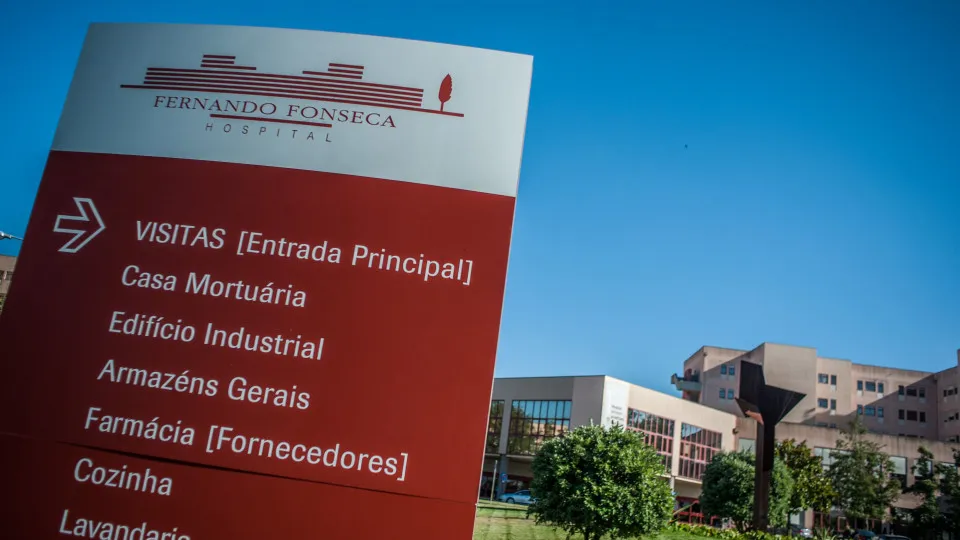
The President of the Republic today enacted a law from the Assembleia da República modifying the diploma regarding the disaggregation of parishes. This development allows the municipalities to address practical matters such as paying employee salaries by year-end.
The Presidency of the Republic announced online that the diploma was promulgated seven months after the approval of the law on parish disaggregation. The Assembleia da República legislated “with great urgency to regulate crucial pragmatic issues, such as employee salaries and other matters concerning the establishment of new parishes under such conditions.”
The Presidency also emphasized that the head of state had warned “in March of this year, about the progress and setbacks in this process of recreating parishes, highlighting its contradictions and hesitations as well as the challenges of such significant changes within a short timeframe.”
The diploma, proposed by PSD, received majority approval on Tuesday, with Iniciativa Liberal abstaining, during a general, specialized, and final global vote in the Assembleia da República plenary session.
The new law permits the Direção-Geral das Autarquias Locais (DGAL) to advance funds, earmarked in the state budget for November and December, to the parishes set for dissolution, during the October payment. This measure ensures that the salaries of these municipalities’ employees are covered through the end of the year.
The law addresses practical elements surrounding the parish disaggregation process, which were identified following the March promulgation of the initial law concerning the disaggregation of 302 parishes.
In addition to the early disbursement of funds for employee payments, it mandates that the officials of the new parishes, elected on October 12, must “approve new provisional management instruments per the financial regime for local governments” once installed.
The new budget should “include a separate line for funds transferred from the budget of the dissolved parish.”
Until these provisional management instruments are approved, the organs of the new parishes have the authority to engage in “expenditures with available allocation balance from the budget of the dissolved parish, proportionally distributed considering asset and liability distribution criteria.”
The legally competent officers of the parishes resulting from disaggregation “must submit a management account in 2026” for the period from the parish’s reinstatement to December 31, 2025.
Although just promulgated, this law is retroactive to the entry into force of law 25-A/2025, dated March 13, which established parish disaggregation, thereby safeguarding all actions performed within this framework.
This proposal was presented on July 22 in parliament by the Minister for Territorial Cohesion, Manuel Castro Almeida, who noted that the law approving parish disaggregation was inadequate for addressing certain practical issues.
Following the recent municipal elections on October 12, the disaggregation of 135 unions to restore 302 parishes, which were merged in the 2013 administrative reform, is underway pursuant to a parliamentary law approved on January 17 and reaffirmed by the Assembleia da República on March 6.
The 302 restored parishes are managed by installation committees, temporary bodies established to ensure the setup and operation of each municipality.




